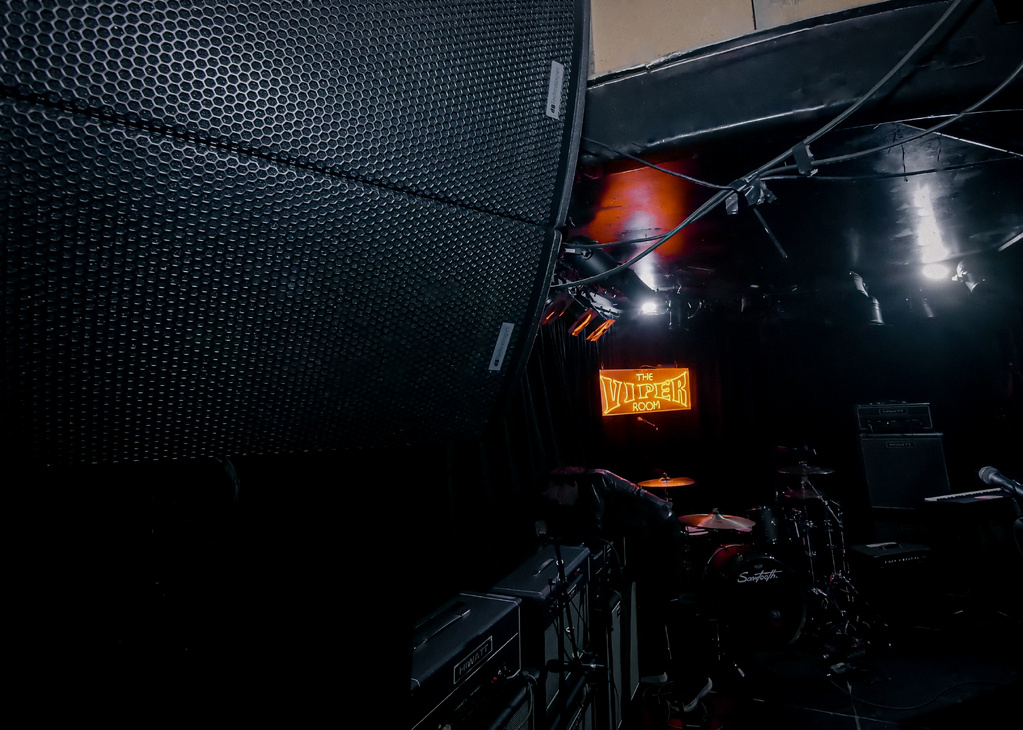The answer to the question of replacing loudspeakers may not be as obvious as one might think. What is obvious is that if the loudspeakers in your sound system don’t sound right, then something’s probably wrong. (Ain’t that a brilliant piece of deductive logic?).
But is it actually the loudspeaker that is misbehaving? Here are some troubleshooting questions to consider before you go out and purchase some new ones:
Did they EVER sound good in your space?
Seriously, they probably did at some point or you wouldn’t be wondering about them, right? If so, then what, if anything in your setup has changed between then and now?
Removing variables is the first step to finding the problem; try putting things back the way they were and testing again.
Do they ALWAYS sound bad, or just on certain mics, an instrument, or a prerecorded sound source?
The problem may be with the source, not the loudspeaker. If you can isolate when they sound bad, then you’ll be farther down the road to figuring it out.
Has the system recently been pushed to the “max,” either intentionally or accidentally?
Have you had a concert or special youth ministry event? You know their motto: “If it’s too loud, then you’re too old!”
Perhaps your system has been pushed to the limit and, like Popeye, it “can’t stands no more.” In this circumstance, your loudspeakers may need to be repaired or replaced.
Which is most annoying (or not working) – the low frequencies, mid-range frequencies or high frequencies?
If only one section of the frequency range is acting up, then perhaps you have a blown low or mid driver. It could also be the the high frequency diaphragm in your compression driver. In most professional loudspeakers, each of these components is replaceable or repairable.
Has a “knob turner” gotten into your rack without your knowledge and tweaked EQ settings?
Mal-adjusted settings in your processing components might be the source of the problem. Making sure that your signal processors are well balanced and adjusted could bring everything back to normal within no time.
Are you sure that all of the “send/drive” lines from your mixing console to the DSP, the patch cables between the DSP and the amps, and the lines from the amps to the loudspeakers are all still intact and haven’t lost signal?
Believe it or not, a rodent might have made a not-so-tasty meal out of a wire in the signal chain, and as a result one or more of the components isn’t working.
Use a cable tester to make sure all wires are functioning properly. A few we suggest: Ebtech Swizz Army, Whirlwind TESTER, and Behringer CT100.
If none of these ideas help, of course, you might need the services of a qualified professional to accurately assess any loudspeaker misbehavior.
But if you follow these simple steps first, you just might find the bad link in the chain. Happy hunting!
Church Audio Video specializes in the design, installation and support of high-quality and affordable custom audio, video, lighting, broadcast and control systems for worship facilities. For more information, visit their website.




















